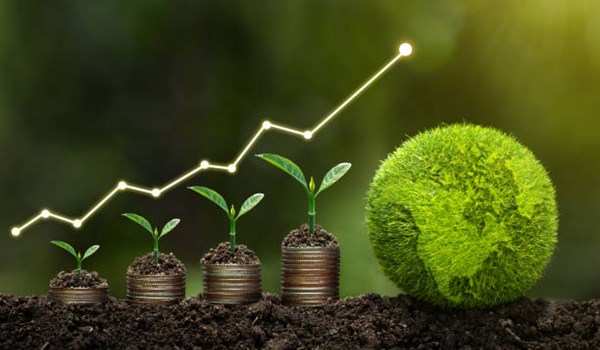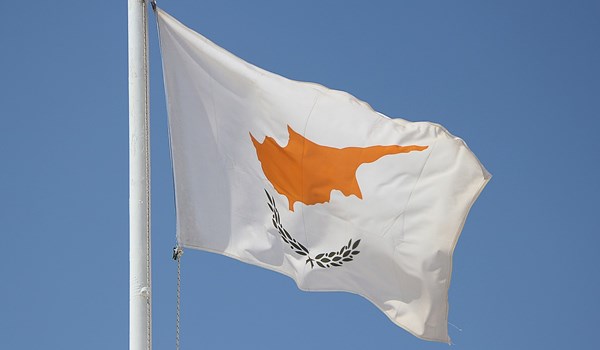South Africa’s G20 presidency next year will focus on mobilising finance for nations stricken by climate-induced disasters and extending debt relief for developing countries, President Cyril Ramaphosa said on Tuesday.
South Africa is the first African country to lead the G20, which was set up to bolster economic cooperation among leading developed and emerging economies and includes 19 sovereign nations along with the European Union and the African Union.
While more than 100 nations wanted to cap plastic production, a handful of oil-producers were prepared only to target waste.
Ramaphosa said he would use the opportunity to advance the development priorities of Africa and the Global South.
“First, we must take action to strengthen disaster resilience,” he told journalists at the official launch of the G20 presidency.
“We will elevate this issue to leader level, calling for the global community, including international financial institutions, development banks and the private sector to scale up post-disaster reconstruction,” he said.
The second priority will be ensuring the sustainability of low-income countries’ debts, which has already been a core topic for the G20 in recent years.
“We will also seek to ensure that the sovereign credit ratings are fair and transparent and to address high risk premiums for developing economies,” Ramaphosa said.
Other priorities will include increasing financing to help developing countries make the transition to renewable energy and ensuring that critical minerals, many of which are mined in Africa, benefit the countries and communities where they originate, he said.
South Africa’s objectives could be complicated by the risk of trade wars under U.S. President-elect Donald Trump, who has called climate change a hoax and threatened to introduce restrictive trade tariffs on nations including Canada, Mexico and China.
The annual summit of G20 leaders will be held in Johannesburg in November 2025, Ramaphosa said. The United States will take over the G20 presidency next.



